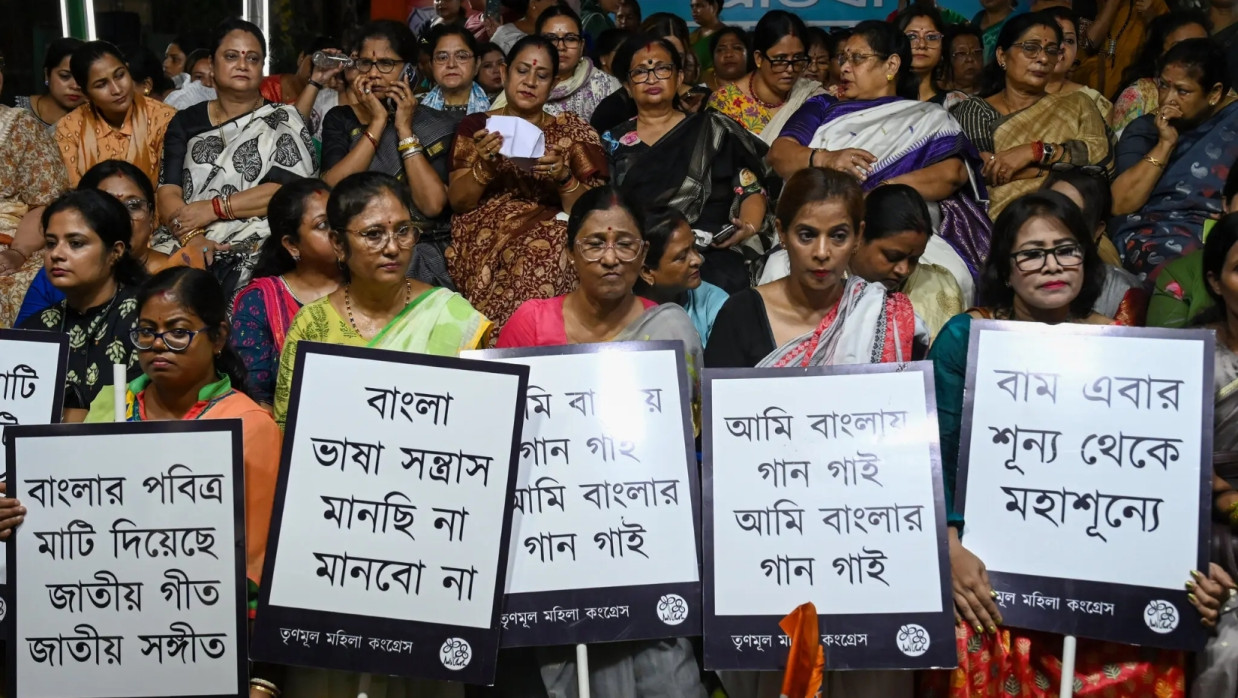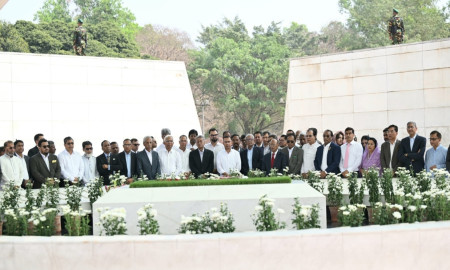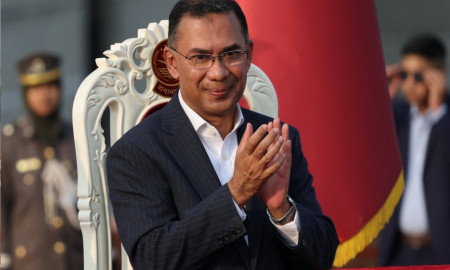Bengali Speakers Targeted in India’s Immigration Crackdown

Over the past four months, Indian law enforcement in three states has detained approximately 9,000 Bengali-speaking individuals, holding them in temporary detention centers, with at least 2,000 forcibly deported to Bangladesh. This has created widespread fear, causing many to avoid speaking Bengali publicly. The crackdown, reported by The New York Times on August 17, 2025, began after a terrorist attack in Kashmir on April 22, 2025, which India attributed to Pakistan. The operation has been criticized as a tool to instill fear among Muslims, particularly targeting Bengali speakers, many of whom are Indian citizens from West Bengal, despite no connections to Pakistan.
Bengali is an official language in Bangladesh, West Bengal, and Tripura, spoken by millions on both sides of the border. Many detainees, predominantly Muslim and often from West Bengal, have valid Indian documentation but are still targeted. For decades, West Bengal’s youth have migrated to cities like Gurugram for work. Allegations suggest hundreds of thousands of unregistered Bangladeshis live in India, crossing the border legally or illegally, prompting raids in Bengali-speaking communities.
Since July 2025, Gurugram authorities have intensified efforts to identify illegal immigrants. Local media report hundreds detained, though many with valid residency documents were released. Gurugram Police’s PRO, Sandeep Kumar, stated 200–250 individuals were detained, with only 10 identified as illegal Bangladeshi immigrants, dismissing mass exodus claims as rumors. However, lawyer Supanth Sinha, handling detention cases, estimates nearly 1,000 have fled Gurugram due to fear of police harassment.
Abhijit Pal (18), a cleaner from West Bengal, was detained for five days despite showing identification. Released after social workers provided further proof of his Indian citizenship, he returned to West Bengal, now unemployed, fearing re-arrest for speaking Bengali. Human Rights groups and lawyers, including Human Rights Watch’s Asia Deputy Director Meenakshi Ganguly, accuse the government of bypassing due process, targeting poor Muslim migrant workers. The ruling Bharatiya Janata Party (BJP) is criticized for using the April attack to justify systematic persecution of Muslims.
State police data indicates 6,500 detentions in Gujarat, 2,000 in Kashmir, and 250 in Rajasthan, where three new temporary detention centers were built in May 2025. Bangladesh officials report around 2,000 people forcibly sent across the border from May to July, though India has not confirmed this. Human Rights Watch’s July 2025 report notes India was forced to repatriate dozens who proved citizenship.
Amir Sheikh (21), a construction worker from West Bengal, was detained in Rajasthan in June despite valid documents. His uncle, Azmaul Sheikh, said contact was lost after three days in custody. BJP leaders, including Assam’s Chief Minister Himanta Biswa Sarma, have long labeled Bangladesh a hub for “infiltrators,” citing a 1950 law to bypass judicial processes for deportations. Sarma’s July 2025 X post warned of “alarming demographic changes” due to “Muslim infiltration,” despite Assam’s one-third Muslim population and longstanding Bengali identity issues.








